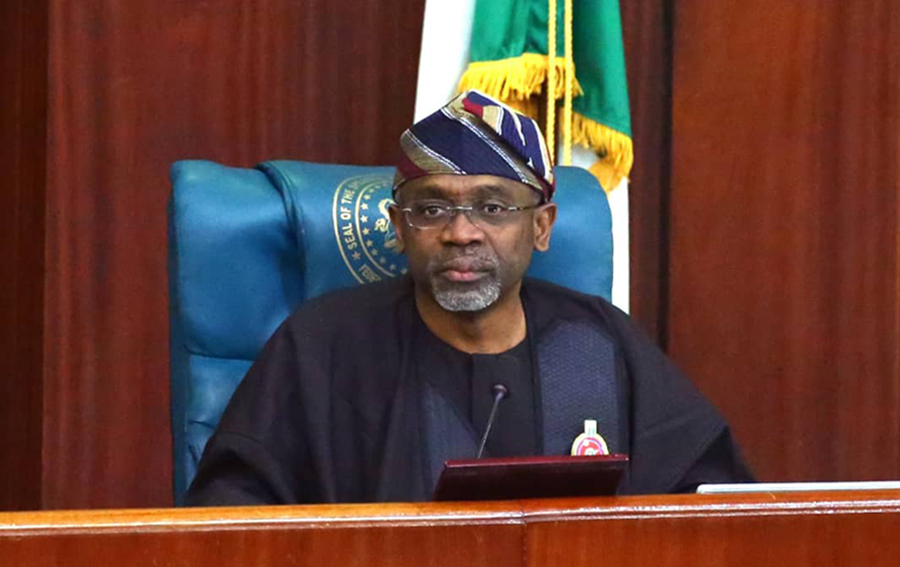Nigeria’s Speaker of the House of Representatives, Femi Gbajabiamila, stated that the National Assembly should give a deeper look into Section 131(d) of the 1999 Constitution to increase the minimum educational qualification for the 2023 elections.
The House speaker disclosed this at the 52nd Convocation Lecture of the University of Lagos on Monday themed “Building Back Better; Creating a New Framework for Tertiary Education in Nigeria in the 21st Century.”
He added that as the age requirements have been reduced, the education requirements should be increased to deal with the ever-challenging issues of the modern world.
What the Speaker is saying
Gbajabiamila said, “The country is faced with yet another election in 2023. Prior to the 2019 elections, we succeeded in amending the constitution to effect the ‘Not Too Young to Run’ request and ensure the eligibility of young people to aspire to high offices in the land.
“This, we did by reducing the eligible age for political offices.
“Toward the 2023 elections, it is my hope that a Direct Primary election method will increase greater participation in the leadership recruitment process, as we are faced with diverse opinions on the way forward.
He added that as the National Assembly has reduced the age for eligibility to contest those offices, so also, should they increase the minimum educational requirement, citing that in the 21st century digital age, the individual’s ability to participate fully in society depended almost entirely on the quality of education available to them.
“I sincerely believe that the National Assembly needs to look into Section 131(d) of the 1999 Constitution with a view to increasing the minimum educational qualification for persons aspiring to Nigeria’s top offices.
“This is including the National Assembly as against the current minimum requirement of a secondary school certificate or its equivalent.
The Speaker also said that for citizens to thrive in the new world, participate fully and productively in the new global economy and benefit from it, rather than be consumed by the technological advancements that are changing the world, Nigeria’s tertiary education must, therefore, be prepared to embrace reinvention and adapt to disruption.
“Our world has changed. The old certainties from which we derived assurance and built our expectations no longer exist.
“The values of our extractive industries that have powered our economy has deteriorated. It continues to do so rapidly, as technological advances lead us toward a future where coal, crude and gas are replaced by renewable alternatives of solar, wind and water,” he said.
